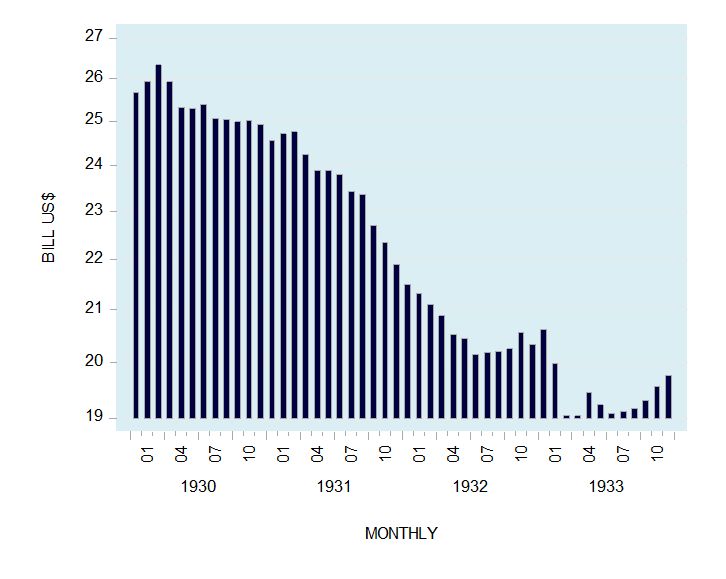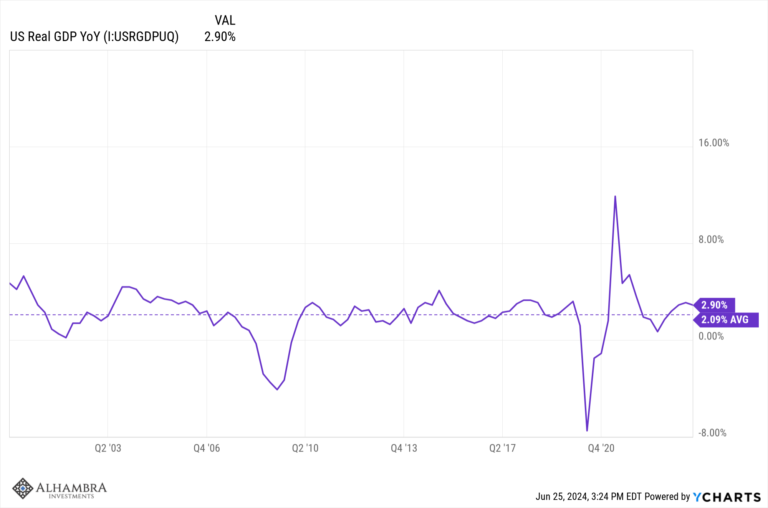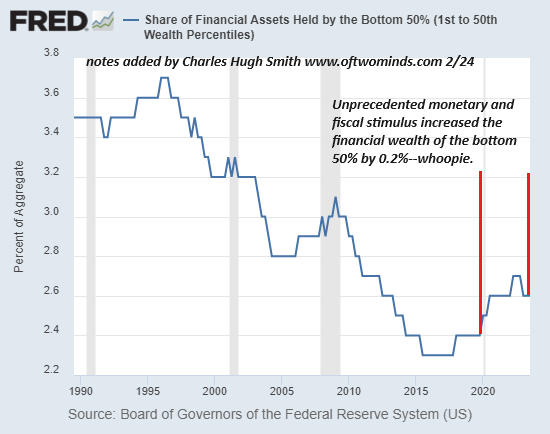
The State Secretariat for Economic Affairs (SECO), the Swiss Trade Union Federation and the Swiss Employers’ Association on Monday presented the 20th report on the free movement of persons accord between Switzerland and the EU, which came into force in 2002. Keystone / Adrian Reusser
Around 68,000 people moved to Switzerland from other European countries in 2023, attracted by the job opportunities, the Swiss authorities said on Monday. This is the second-highest figure since the agreement on the free movement of persons between the European Union and Switzerland came into force over 20 years ago.
The State Secretariat for Economic Affairs (SECO), the Swiss Trade Union Federation and the Swiss Employers’ Association presented the figures at the launch of the 20th report on the free movement of persons accord between Switzerland and the EU, which came into force in 2002.
According to the report, immigration from EU and European Free Trade Association (EFTA) states was only higher in 2008. .
Germans made up the largest group of immigrants last year (21% of the total), followed by people from France (16%) and Italy (15%).
Boris Zürcher, head of the Labour Directorate at SECO, cited low unemployment and employment growth as the main reasons for this development. He also referred to demographic trends.
An ageing society
The Swiss population of working age has only grown slightly in the last 20 years. It has even declined over the past two years. However, the growth in the number of jobs in Switzerland has been well above the EU average over the last two decades, said Zürcher.
+ Study: Two decades of EU immigration has benefited Swiss economy
The free movement of persons therefore serves to meet the demand for labour, the authors of the report argue. This applies to highly skilled labour as well as to the hospitality, construction and industrial sectors.
A similar correlation between immigration and employment growth can also be seen in Austria, the Netherlands, Belgium and Norway. However, it is particularly strong in Switzerland, which makes better use of its domestic workforce, says SECO.
‘Needs-based immigration’
According to Zürcher, one crucial point is that more women in Switzerland are in gainful employment today than 20 years ago. The rate at which people participate in the labour force in Switzerland is already high by European standards. The country is therefore particularly reliant on immigration in view of the ageing population.
+ Why Switzerland doesn’t want to join the EU
Thanks to the free movement of persons agreement, Switzerland has been able to grow far beyond its demographic potential, said SECO Director Helene Budliger Artieda.
The Federal Statistical Office had already announced in February that net immigration had risen to just under 100,000 people in 2023.
Budliger Artieda said that this development had once again led to more discussions about limiting immigration. Referring to the UK, she explained that the end of the free movement of persons after Brexit had not led to a decrease in immigration overall.
‘Pillar of prosperity’
Roland Müller, director of the Employers’ Association, stressed the high costs for companies caused by labour shortages. “The analysis shows once again that EU/EFTA immigration is an important pillar of prosperity in Switzerland,” he said. In this context, he warned against accepting the so-called sustainability initiative, launched by the Swiss People’s Party.
+ One in five checks reveals violations of Swiss labour regulations
Points systems such as those in Canada or quota systems are no better than the free movement of persons agreement with accompanying measures, said Daniel Lampart, chief economist of the Swiss Trade Union Federation.
The Swiss report also analysed the effects of immigration on social security systems. According to the authors, immigrants from the EU/EFTA area contribute more to the state pension systems than they receive in benefits. On the other hand, immigrants receive more unemployment benefits than they pay into unemployment insurance. One of the reasons for this is that, on average, immigrants work in seasonal jobs more frequently than Swiss citizens.
Adapted from German by DeepL/dkk/sb
Full story here Are you the author? Previous post See more for Next postTags: Featured,newsletter


































